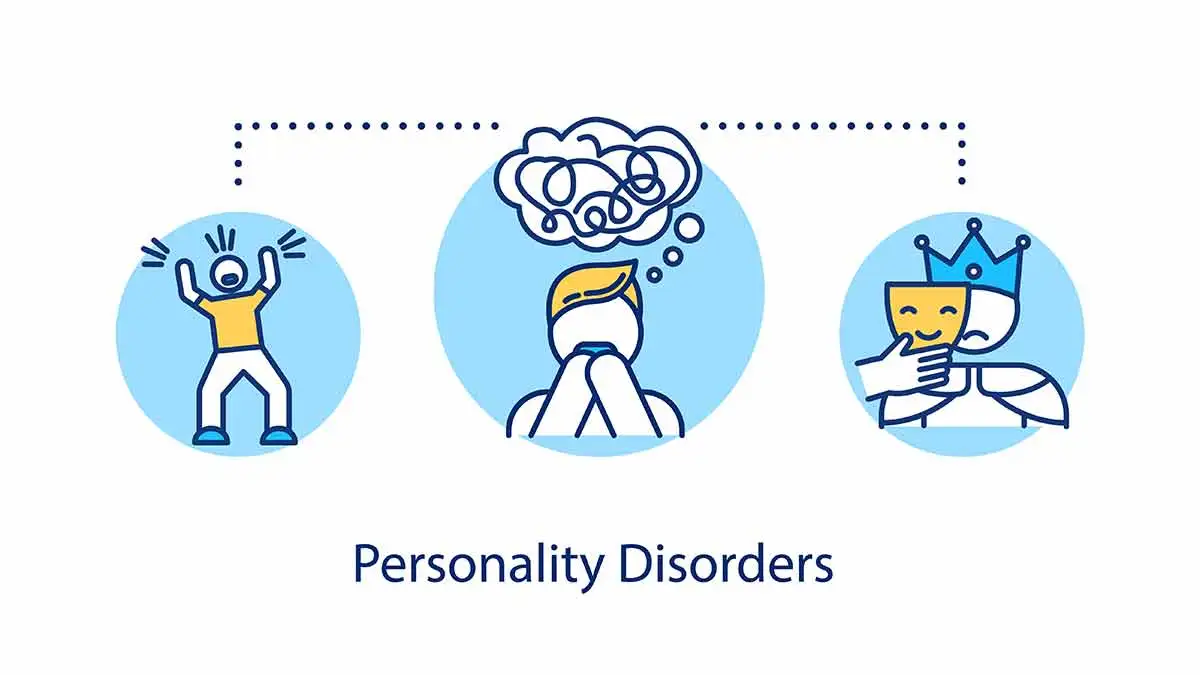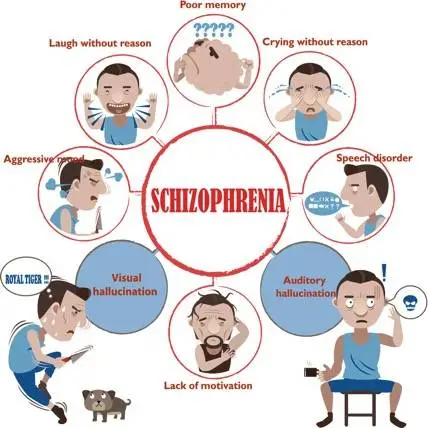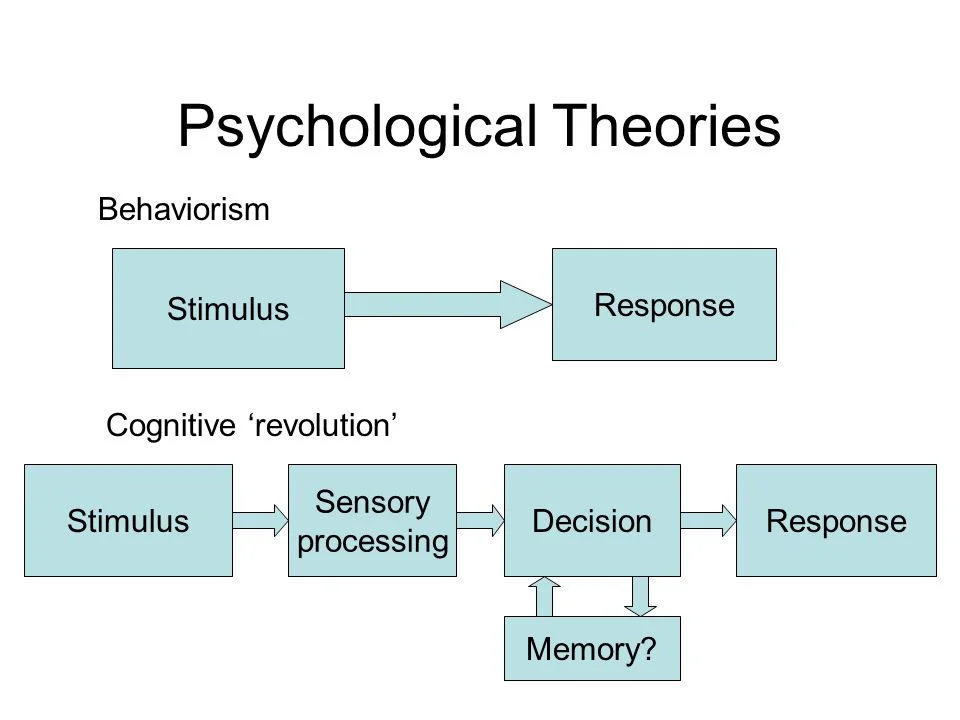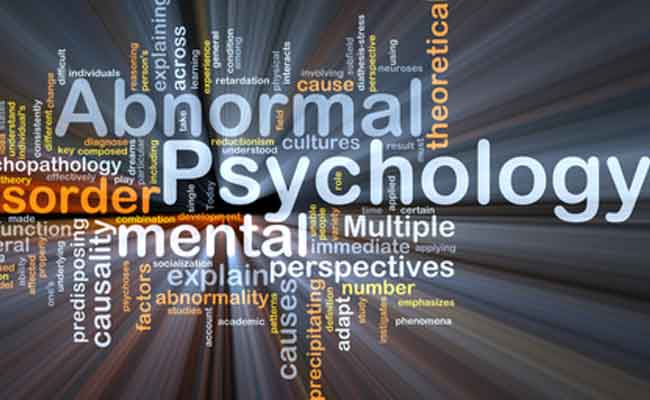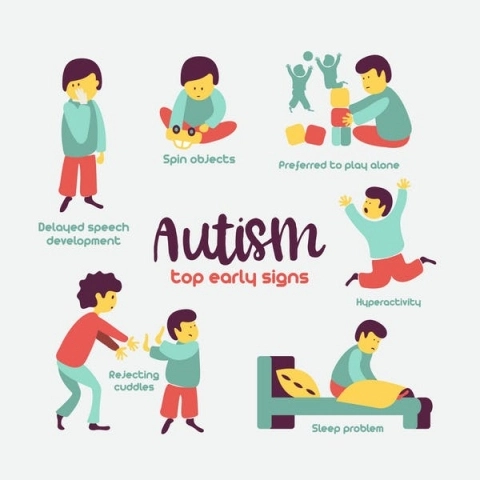Understanding Personality Disorders: An In-Depth Exploration
Introduction:
Personality disorders are a complex and often misunderstood set of mental health conditions that affect the way individuals think, perceive themselves and others, and relate to the world around them. These disorders can significantly impact various aspects of a person’s life, including relationships, work, and overall well-being. In this article, we will delve into the world of personality disorders, exploring their different types, causes, symptoms, and available treatment options.
I. Types of Personality Disorders:
- Borderline Personality Disorder (BPD): Borderline Personality Disorder is characterized by emotional instability, impulsive behavior, and an intense fear of abandonment. Individuals with BPD often struggle with self-image, have unstable relationships, and experience frequent mood swings.
- Narcissistic Personality Disorder (NPD): People with Narcissistic Personality Disorder exhibit an exaggerated sense of self-importance, a constant need for admiration, and a lack of empathy for others. They often have an inflated sense of entitlement and a preoccupation with fantasies of success and power.
- Antisocial Personality Disorder (ASPD): Antisocial Personality Disorder is marked by a disregard for the rights and feelings of others. Individuals with ASPD may engage in manipulative and deceitful behavior, exhibit a lack of remorse, and have a history of impulsive actions, including criminal activities.
- Avoidant Personality Disorder (AvPD): Avoidant Personality Disorder involves a pervasive pattern of social inhibition, feelings of inadequacy, and hypersensitivity to criticism or rejection. People with AvPD often avoid social interactions and have low self-esteem.
II. Causes and Risk Factors:
- Biological Factors: Some personality disorders have a genetic component, suggesting a hereditary predisposition. Brain structure and chemical imbalances may also play a role in the development of these disorders.
- Environmental Factors: Childhood trauma, such as physical or emotional abuse, neglect, or inconsistent parenting, can contribute to the development of personality disorders. Chaotic family environments or a lack of stable relationships during early development can also increase the risk.
III. Symptoms and Diagnosis:
- Emotional and Behavioral Patterns: Personality disorders are characterized by enduring patterns of thoughts, feelings, and behaviors that deviate from cultural norms. Symptoms vary depending on the specific disorder but may include impulsivity, mood swings, difficulty forming and maintaining relationships, and a distorted self-image.
- Diagnosis: Diagnosing personality disorders involves a comprehensive assessment by a mental health professional. They evaluate the individual’s history, conduct interviews, and may use standardized questionnaires and diagnostic criteria such as the DSM-5 (Diagnostic and Statistical Manual of Mental Disorders).
IV. Treatment Options:
- Psychotherapy: Psychotherapy, particularly dialectical behavior therapy (DBT) and cognitive-behavioral therapy (CBT), is often the primary treatment approach for personality disorders. These therapies help individuals develop healthier coping mechanisms, regulate emotions, and improve social skills.
- Medication: Medications may be prescribed to manage specific symptoms associated with personality disorders, such as mood stabilizers or antidepressants. However, medication alone is generally not considered a primary treatment for these disorders.
Conclusion:
Personality disorders present significant challenges to individuals and their loved ones, but with proper diagnosis and treatment, it is possible to manage and improve the quality of life. Understanding the different types of personality disorders, their causes, and available treatment options is crucial in fostering empathy, reducing stigma, and promoting effective support for those affected by these complex conditions. With continued research and awareness, we can strive to create a more compassionate and inclusive society for individuals living with personality disorders.
![]()

